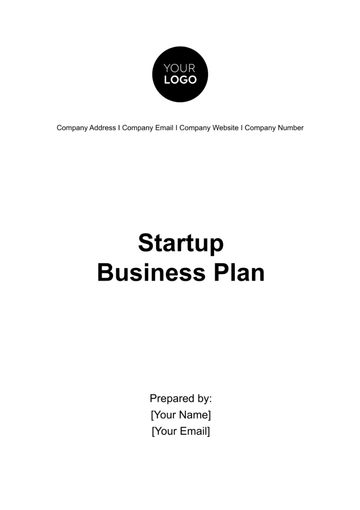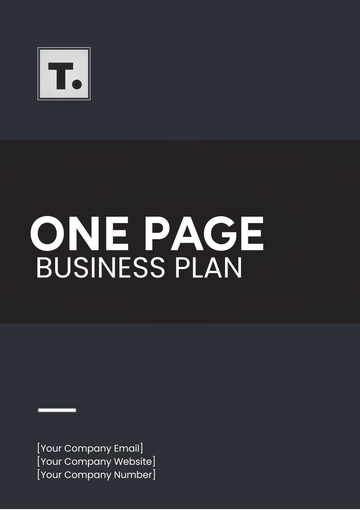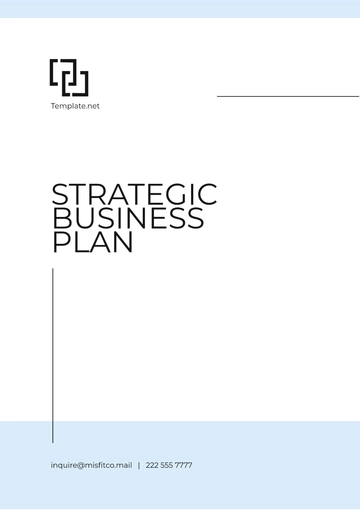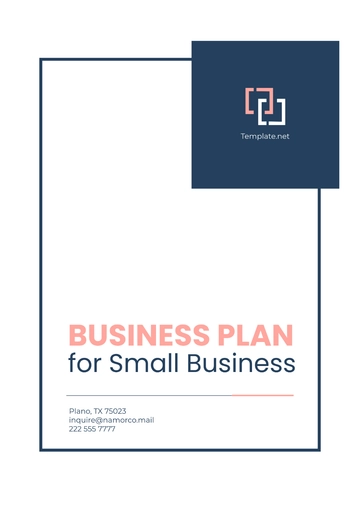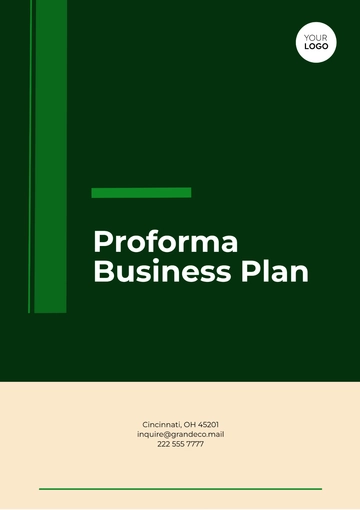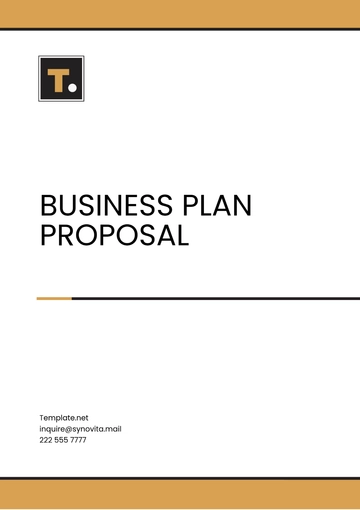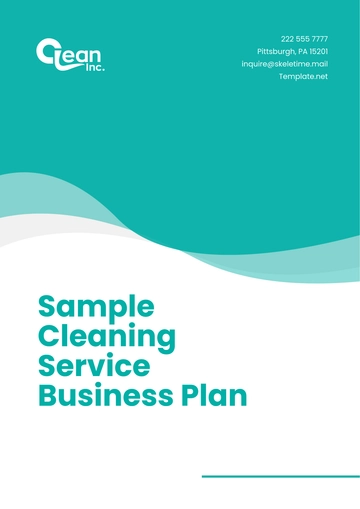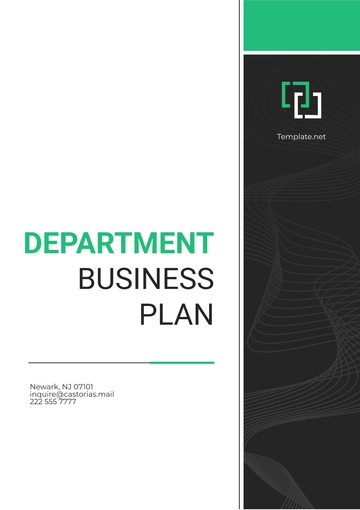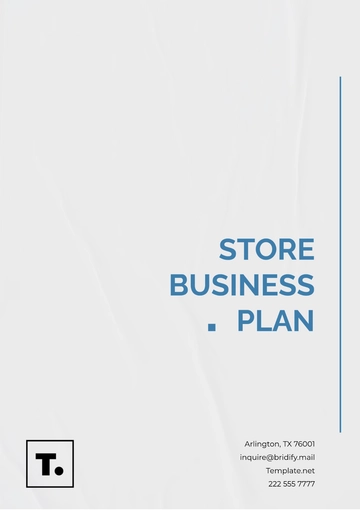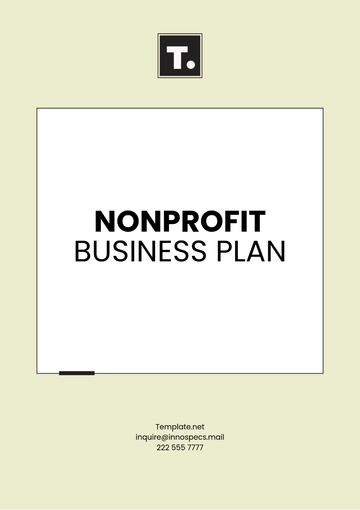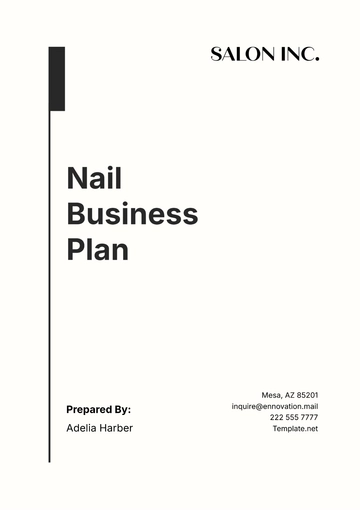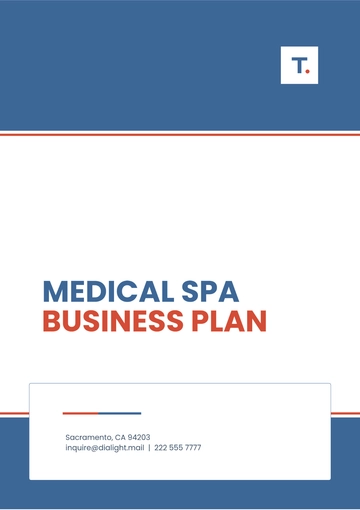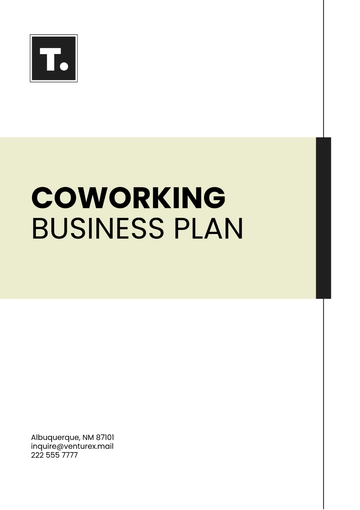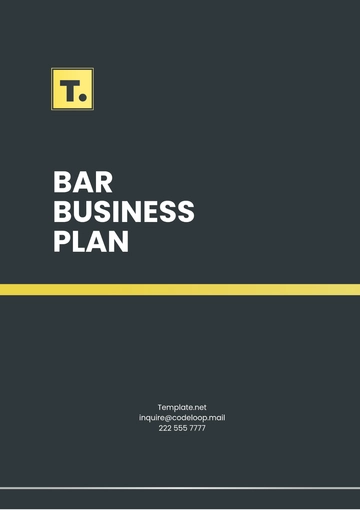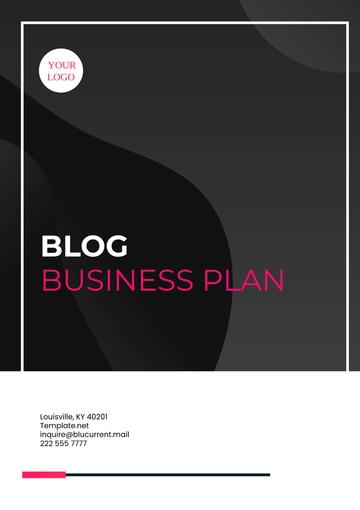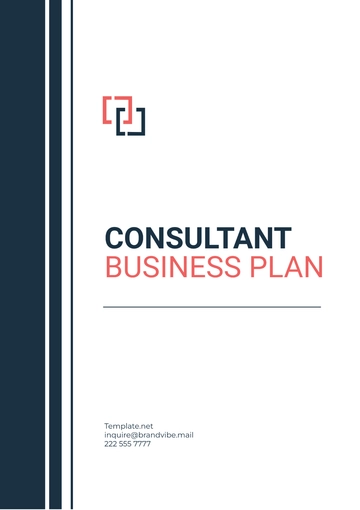Free Sales Rep Business Plan

Prepared by: | [YOUR NAME] |
Company: | [YOUR COMPANY NAME] |
Date: | [DATE] |
I. Executive Summary
This Sales Plan outlines the strategies, objectives, and tactics for [Your Company Name] to achieve its sales targets for the fiscal year 2055. Our approach is designed to improve market penetration, customer acquisition, and revenue growth by leveraging our competitive advantages and addressing market needs.
II. Objectives
Our primary sales objectives for 2055 include:
Achieving a revenue target of $10 million by the end of 2055.
Expanding our customer base by 20% through targeted marketing campaigns and proactive sales efforts.
Improving customer retention rate to 85% by enhancing our customer service and support.
Increasing the average deal size by 15% through upselling and cross-selling strategies.
III. Market Analysis
A. Target Market
Our target market includes medium-sized enterprises (50-500 employees) in the IT services industry, primarily located in North America, with an annual IT budget ranging from $500,000 to $5 million.
B. Market Trends
Increasing demand for cloud-based IT solutions due to remote work trends.
Technological advancements in AI impact customer support preferences.
Growth in the cybersecurity segment driven by increased cyber threats.
C. Competitive Landscape
Our primary competitors in the market include TechSolutions Inc. and SecureIT Ltd.
Competitor | Strengths | Weaknesses |
|---|---|---|
TechSolutions |
|
|
SecureIT |
|
|
IV. Strategic Approaches
A. Positioning Strategy
We will position our cloud-based IT solutions as the leading choice for businesses seeking secure and scalable infrastructure. Emphasizing our AI-powered customer support and competitive pricing will establish us as a market leader.
B. Sales Channels
Direct sales through our experienced in-house team.
Online sales via our user-friendly e-commerce platform.
Partnerships with IT consulting firms and system integrators.
V. Tactical Implementation
A. Sales Process
Prospecting: Utilizing CRM software to identify potential leads.
Qualification: Assessing leads based on budget and IT infrastructure needs.
Presentation: Demonstrating product features and benefits tailored to client requirements.
Negotiation: Customizing pricing and terms to meet client expectations.
Closing: Securing contracts and agreements promptly.
After-Sales Support: Providing ongoing assistance and training for seamless integration.
B. Marketing Initiatives
Content marketing: Blogs, webinars, and case studies showcasing our expertise.
Social media campaigns: Targeting LinkedIn and Twitter for B2B engagement.
Email marketing: Drip campaigns to nurture leads and promote special offers.
Participation in industry events: Hosting webinars and attending trade shows.
VI. Sales Team Structure
Role | Responsibilities | Team Member |
|---|---|---|
Sales Manager |
| John Doe |
Account Executive |
| Jane Smith |
Sales Representative |
| Alex Johnson |
VII. Performance Metrics
Key Performance Indicators (KPIs)
Monthly Revenue Growth (Past Year)
Monthly revenue growth
Number of new customers acquired
Customer retention rate
Average deal size
Sales cycle length
VIII. Adaptability Strategies
Regular review of sales strategies based on performance feedback and market trends.
Feedback loops to gather insights from customers and the sales team.
Continuous training and development for the sales team to adapt to changing market dynamics.
IX. Resource Allocation
Budget for marketing initiatives: $500,000
Investment in sales technology and tools: $200,000
Training and development programs: $100,000
Operational expenses for the sales team: $300,000
X. Conclusion
In conclusion, this Sales Plan provides a strategic roadmap for [Your Company Name] to effectively achieve its sales targets and drive sustainable growth in the competitive landscape of 2055. By focusing on market trends, leveraging competitive advantages, and implementing tailored strategies, we are confident in our ability to expand our customer base, increase revenue, and maintain a strong position in the industry. With dedicated execution and adaptability to changing market dynamics, we look forward to a successful year ahead.
- 100% Customizable, free editor
- Access 1 Million+ Templates, photo’s & graphics
- Download or share as a template
- Click and replace photos, graphics, text, backgrounds
- Resize, crop, AI write & more
- Access advanced editor
Elevate your sales game with Template.net's Sales Rep Business Plan Template. Crafted for efficiency and success, this editable and customizable tool empowers you to streamline strategies, set goals, and track progress effortlessly. What's more? Editable in our AI Editor too, ensuring seamless adaptation to your unique vision. Revolutionize your approach and conquer the market with ease.
You may also like
- One Page Business Plan
- Coffee Shop Business Plan
- Restaurant Business Plan
- Food Business Plan
- Real Estate Business Plan
- Executive Summary Business Plan
- Cover Page Business Plan
- Nonprofit Business Plan
- Daycare Business Plan
- Construction Business Plan
- Startup Business Plan
- Medical Business Plan
- Bakery Business Plan
- Service Plan
- Hotel Business Plan
- Catering Business Plan
- School Business Plan
- Healthcare Business Plan
- Transportation Plan
- Sports Plan
- Car Wash Business Plan
- Salon Business Plan
- Clothing Business Plan
- Farming Business Plan
- Boutique Plan
